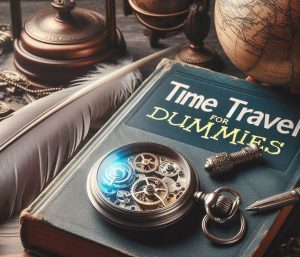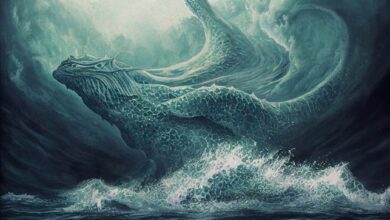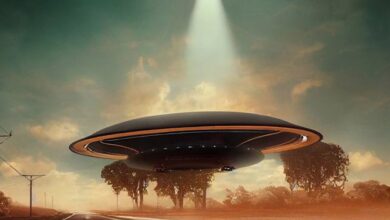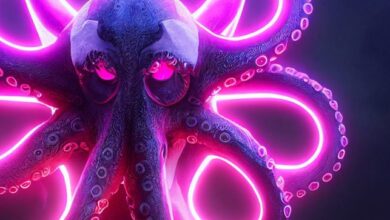‘Paradox-Free’ Time Travel Is Theoretically Possible

 The question of whether time travel is theoretically possible remains a fascinating topic for scientists. The concept of time loops, as predicted by Einstein’s theory of general relativity, has been a subject of interest in the field of dynamics.
The question of whether time travel is theoretically possible remains a fascinating topic for scientists. The concept of time loops, as predicted by Einstein’s theory of general relativity, has been a subject of interest in the field of dynamics.
As movies such as The Terminator, Donnie Darko, Back to the Future and many others show, moving around in time creates a lot of problems for the fundamental rules of the Universe: if you go back in time and stop your parents from meeting, for instance, how can you possibly exist in order to go back in time in the first place?
Physics student Germain Tobar from the University of Queensland in Australia has worked out a way to “square the numbers” to make time travel viable without paradoxes, reports sciencealert.com.
Tobar’s work suggests that space-time can potentially adapt itself to avoid paradoxes. For example, if a time traveler journeys into the past to stop a disease from spreading, the disease would still escape some other way, removing the paradox.
This work is not easy for non-mathematicians to understand, but it looks at the influence of deterministic processes on an arbitrary number of regions in the space-time continuum and demonstrates how both closed time-like curves can fit in with the rules of free will and classical physics.
Physicist Fabio Costa from the University of Queensland supervised the research, which smoothed out the problem with another hypothesis that time travel is possible but that time travelers would be restricted in what they did to stop them creating a paradox.
In this model, time travelers have the freedom to do whatever they want, but paradoxes are not possible.
While the numbers might work out, actually bending space and time to get into the past remains elusive. The time machines that scientists have devised so far are so high-concept that they currently only exist as calculations on a page.
If we do get there one day, this new research suggests that we would be free to do whatever we wanted to the world in the past: it would readjust itself accordingly.




